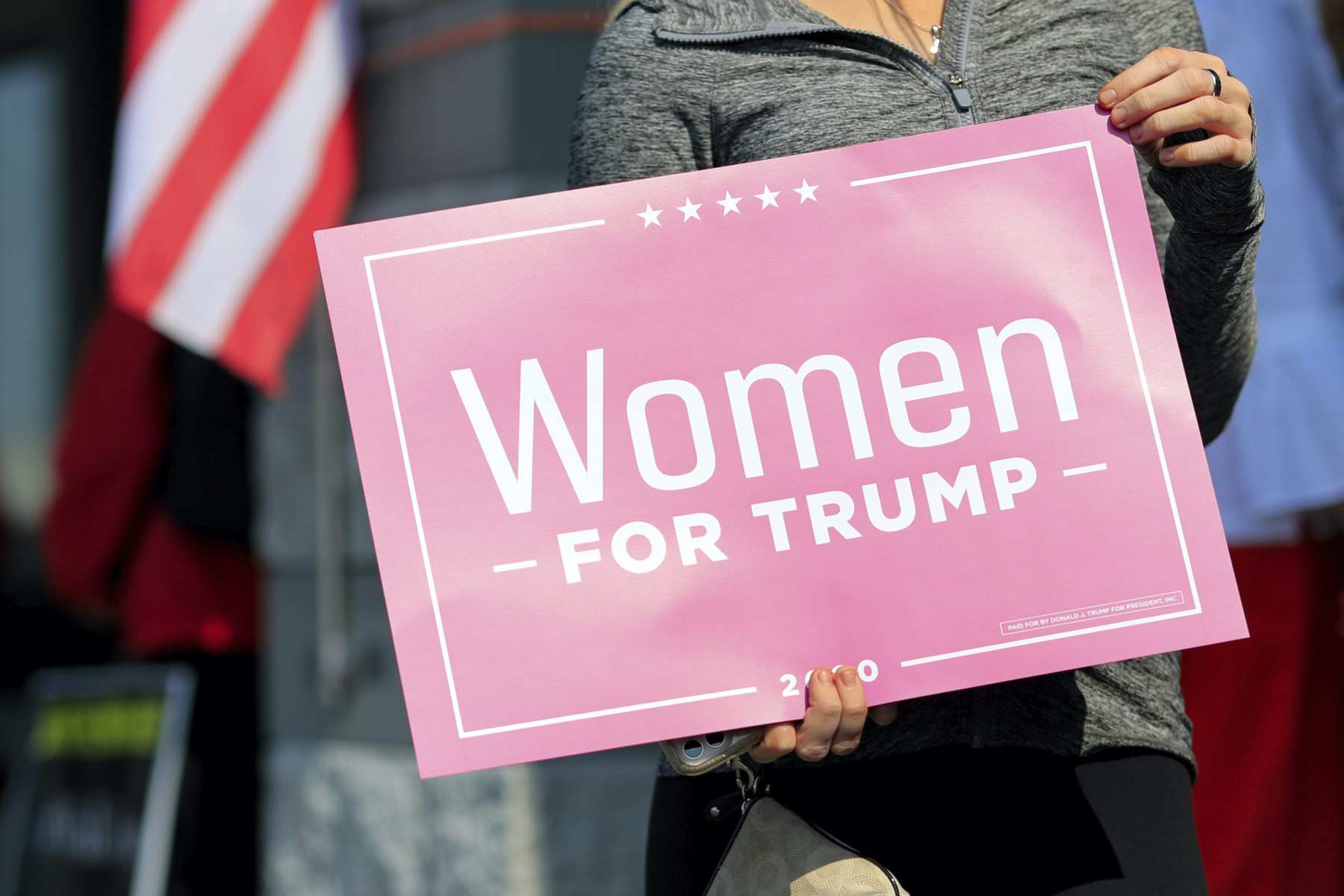President Donald Trump appealed to suburban women at his campaign rally in Johnstown, Pa., on Tuesday: “So can I ask you to do me a favor, suburban women? Will you please like me? Please. Please. I saved your damn neighborhood, OK?”
The president claimed that suburban women, though they might not like the way he talks, should support him because he is about “law and order” and keeps them safe by keeping low-income housing out of the suburbs.
“Suburban women, they should like me more than anybody here tonight because I ended the regulation that destroyed your neighborhood,” Trump said. “I ended the regulation that brought crime to the suburbs and you’re going to live the American dream.”
The president has made similar statements in the past.
In July, he warned “The Suburban Housewives of America” on Twitter that Democratic candidate Joe Biden would destroy neighborhoods through his housing and zoning proposals. In August, he insisted that the “suburban housewife” would be voting for him.
Suburban voters are a growing part of the electorate, and their support has been critical for electoral success in recent presidential elections. The president’s focus on “suburban housewives” comes at a time when polling predicts a potentially historic gender gap, with Biden leading Trump among women this month by 9 to 29 points, according to the Center for American Women and Politics at Rutgers University.
White suburban and working-class women nationally are more likely to be having second thoughts about the president than their male counterparts, according to studies. Several women in Michigan told The 19th earlier this year that they would support Trump despite how he talks — often brash and politically incorrect. One woman described it as “vomit of the mouth.”
Trump boasted at Tuesday’s rally that women like him “a lot.” He asked the crowd to remember 2016 when people doubted his popularity among women.
According to Pew Research Center, between 46 percent to 52 percent of White women cast ballots for Trump. Democratic rival Hillary Clinton, the first woman presidential nominee of a major political party, won women overall by roughly a 15-point margin, according to a Pew analysis of validated voters.






